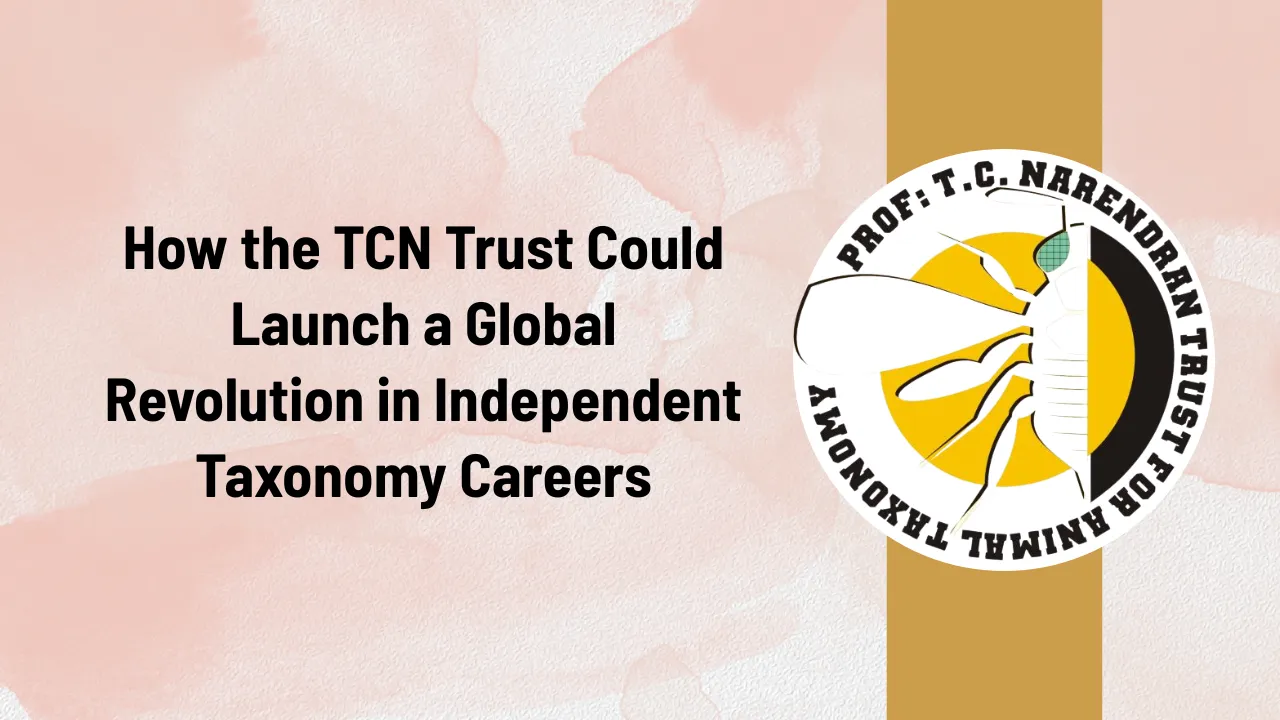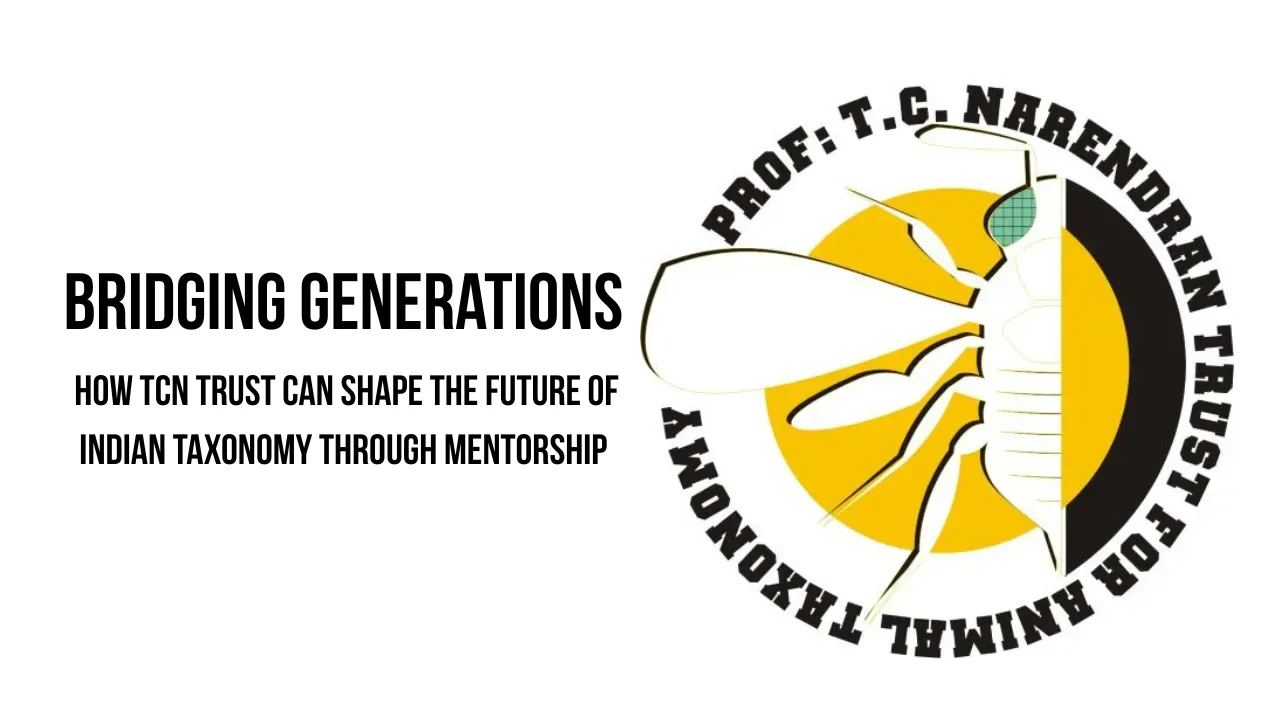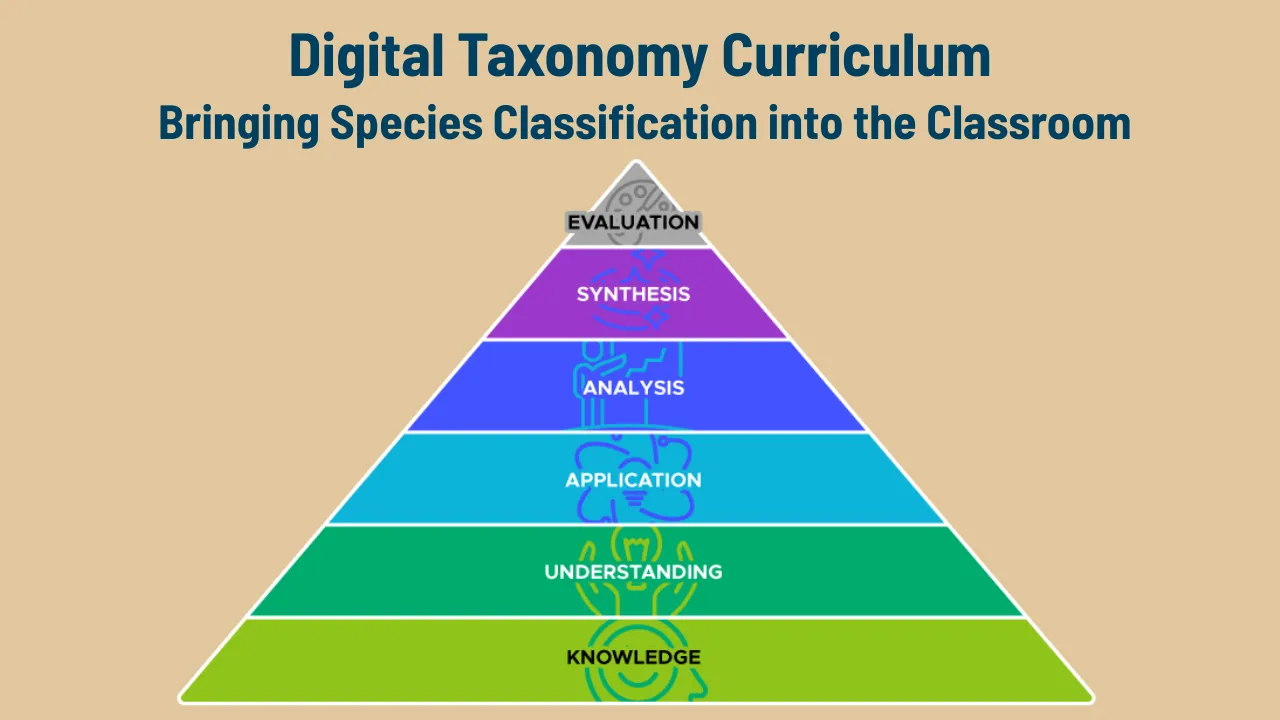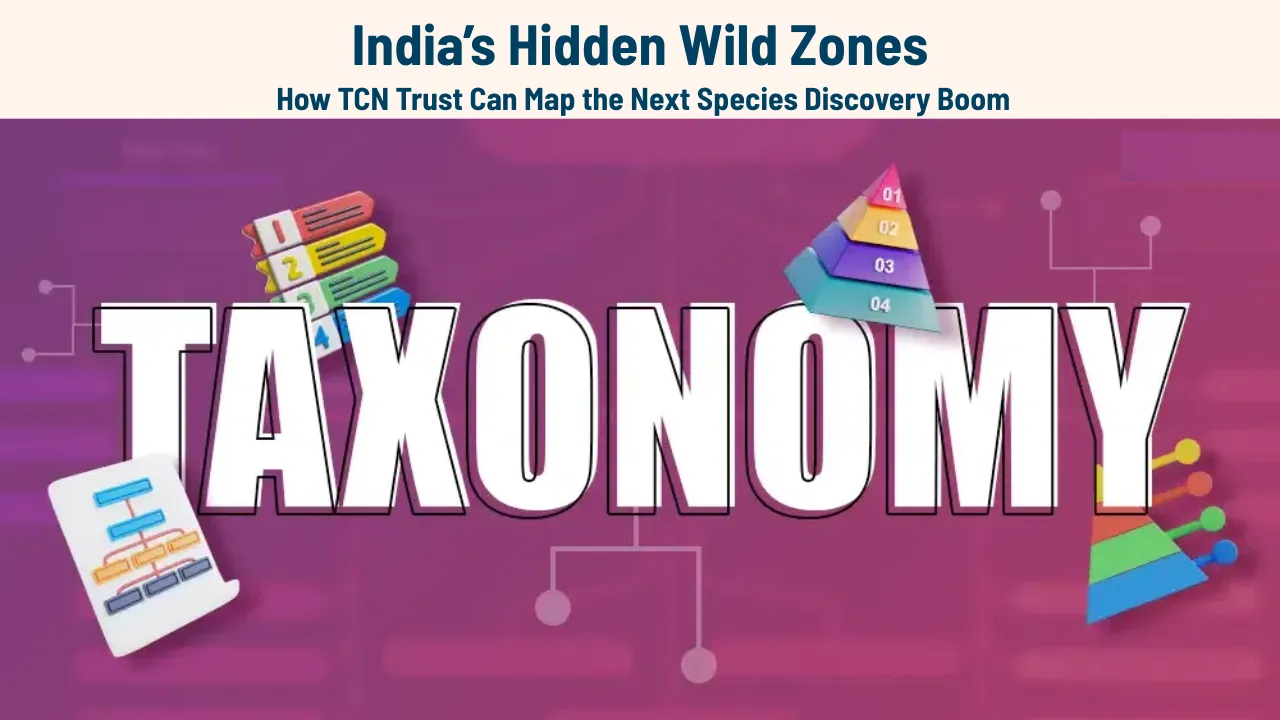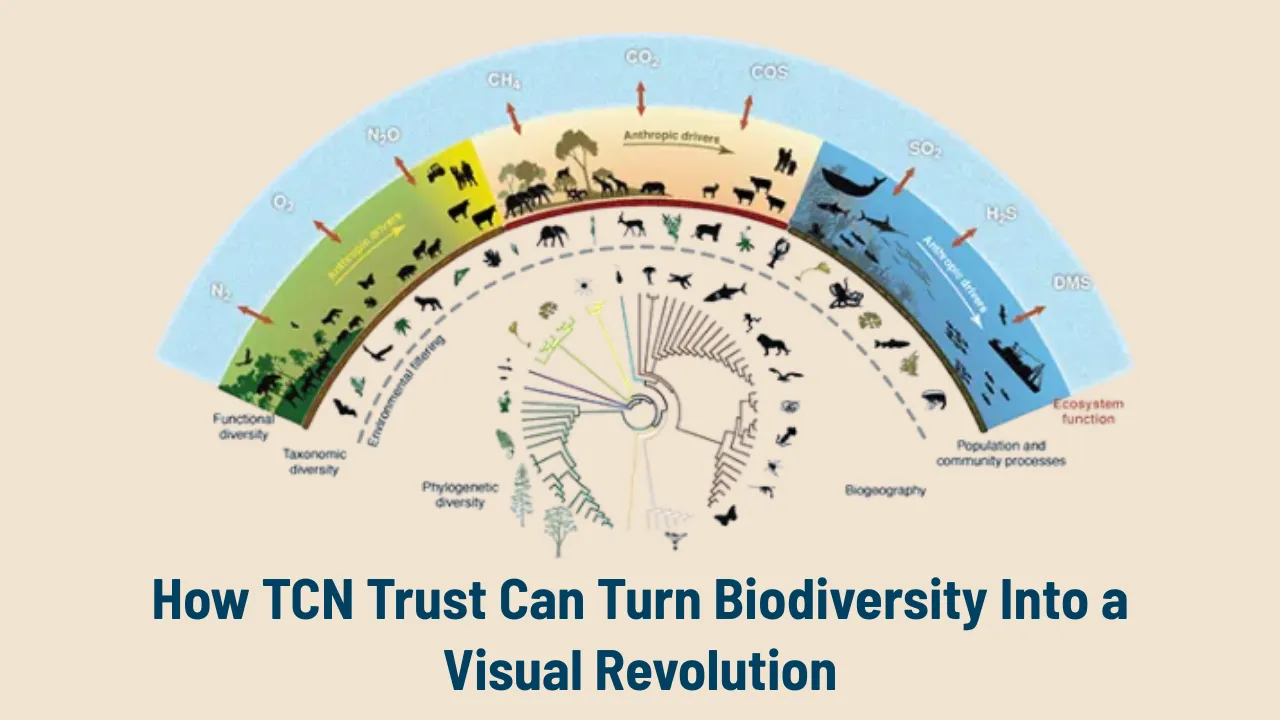TCN Trust Freelance Taxonomy: TCN Trust freelance taxonomy may soon become a cornerstone of how scientific communities engage with the growing need for biodiversity research. As climate change and habitat loss accelerate, the demand for accurate species identification and classification is at an all-time high. Meanwhile, trained taxonomists are increasingly scarce, with fewer entering the field through traditional academic routes.
In response, a new opportunity is emerging—one that empowers independent scientists, part-time researchers, and retired professionals to contribute meaningfully to taxonomy without needing to be attached to major institutions. This article explores how TCN Trust can be the catalyst in establishing freelance taxonomy as a legitimate and respected career path, filling knowledge gaps while reshaping the future of decentralized science.
TCN Trust Freelance Taxonomy: A Flexible and Scalable Future for Species Documentation
TCN Trust freelance taxonomy represents a forward-thinking solution to two major challenges: the declining number of institutional taxonomists and the untapped potential of skilled but under-engaged scientists. By establishing support systems for freelancers—offering them tools, funding, mentorship, and validation—the TCN Trust can create a global network of contributors dedicated to species documentation. This model enables taxonomic work to flourish beyond the walls of academia, harnessing the abilities of part-time scientists, local experts, and even trained amateurs, while ensuring quality and scientific credibility. It also aligns with the trust’s broader mission to advance biodiversity science through collaboration and innovation.
Overview Table: Support Mechanisms for Freelance Taxonomists via TCN Trust
| Support Type | Description |
| Microgrants and Fellowships | Financial backing for individual or collaborative taxonomy projects |
| Software and Database Access | Tools for specimen identification, data entry, and analysis |
| Institutional Mentorship | Connects freelancers with senior researchers for quality assurance |
| Publishing and Editing Help | Guidance in submitting formal species descriptions and revisions |
| Digital Badging and Profiles | Public recognition and traceable scientific contribution records |
Why Support Independent Taxonomists?
Biodiversity science is essential to conservation, agriculture, and health, yet taxonomy often remains chronically underfunded and overlooked. While traditional routes into taxonomy—academic posts, museum roles, or government research—remain competitive and limited, thousands of qualified individuals are left out of formal participation.
TCN Trust freelance taxonomy can change that. Many scientists with relevant expertise—such as recently retired professionals or early-career researchers not yet employed—could contribute if supported. Others, including indigenous or community-based experts, possess unique regional knowledge vital to species identification.
By promoting freelancing as a serious taxonomy career path, the TCN Trust would unlock access to a wide, diverse pool of contributors and breathe new life into a field struggling to meet demand.
Benefits of Freelance Taxonomy for Science and Society
Supporting freelance taxonomists goes beyond convenience; it’s a practical, impactful move toward more inclusive science. Here’s how:
- Scalability: Dozens or even hundreds of individuals can work simultaneously on taxonomic projects, creating a broader, faster knowledge base.
- Local Expertise: Freelancers often live and work in biodiverse regions, offering firsthand access to species data.
- Cost Efficiency: Trusts can fund multiple small projects instead of few large institutional ones.
- Career Accessibility: More people can enter the field without needing full-time academic placement.
- Faster Documentation: With broader reach, rare or threatened species can be identified and documented before they disappear.
The model also supports more sustainable biodiversity research, since contributors can choose projects that align with conservation priorities or regional needs.
Real-World Examples and Possibilities
We’ve already seen models that hint at what TCN Trust freelance taxonomy could become. Platforms like iNaturalist and GBIF involve mass contributions from individual observers, but often lack rigorous taxonomic verification. Meanwhile, smaller organizations have begun offering microgrants for part-time biodiversity research.
The TCN Trust could take these ideas further by building a structured, validated freelance model. Imagine a retired entomologist in Brazil helping verify beetle identifications submitted through a cloud-based portal. Or a graduate student in Nepal building a digital herbarium of local alpine flora while receiving mentorship from global experts. These are not dreams—they’re realistic possibilities with the right support and platform.
Key Features TCN Trust Could Offer
- Financial Access: Small grants for supplies, travel, or time spent on taxonomy tasks.
- Digital Tools: Open access to identification software, specimen image databases, and molecular tools.
- Editorial Assistance: Help for freelancers to meet publishing standards, ensuring scientific legitimacy.
- Mentorship Networks: Connections to museums, universities, and professional societies for guidance.
- Verification Systems: Peer review and quality control mechanisms to ensure valid species data.
Challenges in Scaling Freelance Taxonomy
Despite its potential, TCN Trust freelance taxonomy would face real challenges. First, establishing credibility among institutional scientists is critical. Without formal affiliations, freelancers may struggle for recognition unless quality control and verification systems are built into the process.
There’s also the risk of uneven standards in data or descriptions. To address this, the trust must provide training resources and promote mentorship. Finally, long-term funding must be secured. Short-term grants are useful, but sustainable models require ongoing investment and strategic planning.
Still, these hurdles are solvable—and the benefits far outweigh the limitations.
FAQs
What does freelance taxonomy mean?
It refers to independent scientists or skilled individuals conducting taxonomy work outside formal institutions, such as naming species, organizing specimens, or contributing to biodiversity databases.
How could the TCN Trust support freelance taxonomists?
By offering funding, digital tools, mentorship, publishing help, and access to validation networks to ensure high-quality, recognized scientific contributions.
Is freelance taxonomy limited to professional scientists?
No. With proper training and oversight, amateurs and community experts can also contribute valuable taxonomic insights.
Can freelancers publish new species descriptions?
Yes. As long as they meet international naming standards and pass scientific review, freelance work can be formally published and cited.
How does freelance taxonomy support biodiversity conservation?
By documenting lesser-known species, tracking changes in ecosystems, and filling knowledge gaps faster than traditional methods alone.
Final Thought
The time is right for TCN Trust freelance taxonomy to become a reality. Our planet is changing rapidly, and the traditional pathways of taxonomy cannot keep pace with the urgency of documenting life before it disappears. By enabling independent scientists to work in flexible, supported roles, the TCN Trust can transform how we conduct biodiversity research. It’s not just about science—it’s about equity, access, and tapping into the vast global knowledge base of those who are ready, but until now, uninvited.
If you’re a researcher, naturalist, or curious contributor, now is the time to explore how freelance taxonomy could be your path into meaningful, lasting scientific impact. Join the movement. Make your mark on the tree of life.
